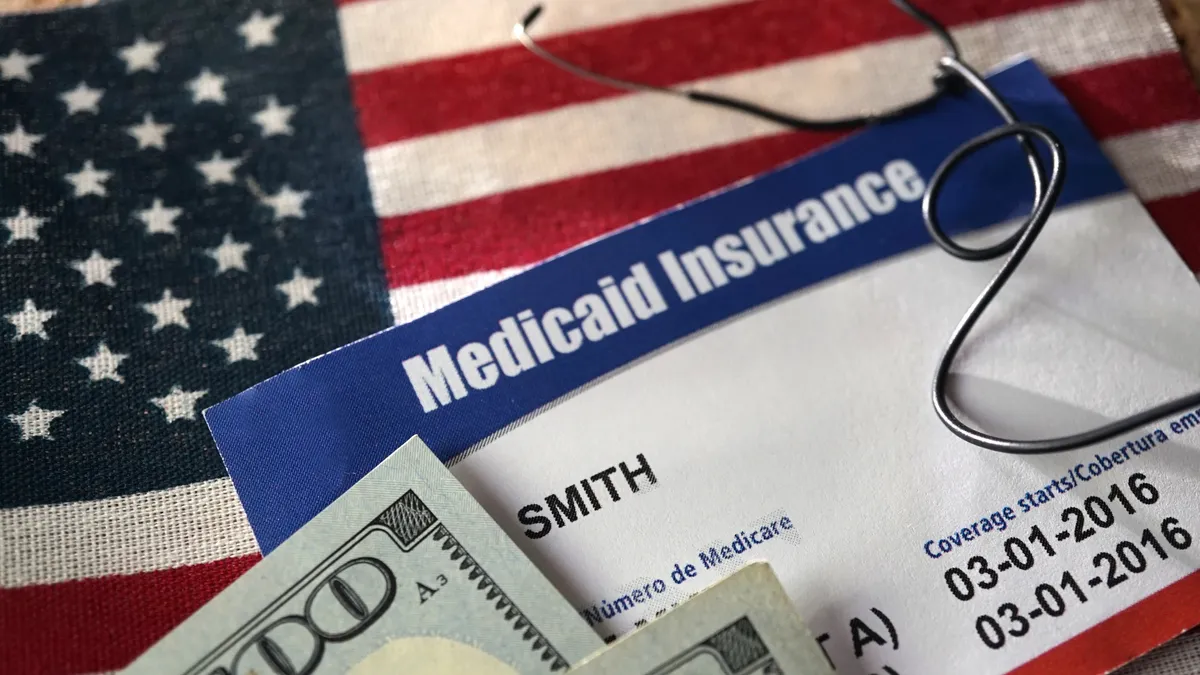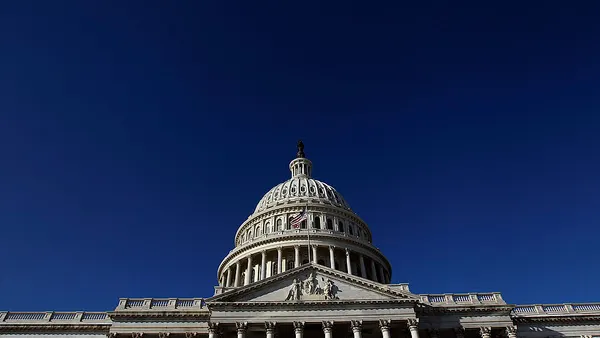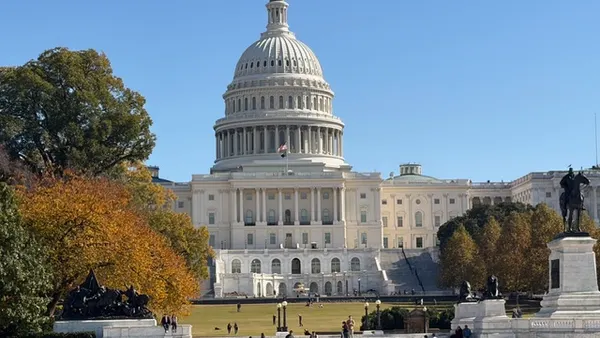Dive Brief:
- The CMS issued preliminary guidance Friday on how it plans to implement new restrictions on provider taxes in Medicaid, one of the major changes to the safety-net insurance program during the Trump administration.
- The One Big Beautiful Bill Act signed into law this summer largely prohibits new or increased provider taxes, which are arrangements that most states use to finance their share of Medicaid funding. Critics argue the taxes unfairly increase the federal government’s Medicaid costs.
- The new guidance outlines specifics on the new limits as well as a transition timelines for states. “While closing a loophole that some states were taking advantage of to shift billions in costs onto federal taxpayers, we have crafted policy that gives states time to transition as the new tax limits are implemented,” CMS Administrator Dr. Mehmet Oz said in a statement.
Dive Insight:
All U.S. states except for Alaska use provider taxes to finance some of their share of Medicaid spending, most commonly taxes on nursing facilities and hospitals, according to health policy research group the KFF.
The tax arrangements are largely supported by providers, as they result in higher Medicaid reimbursements. However, opponents of the policies — including the Trump administration — argue the arrangements allow states to shift more costs back onto the federal government.
States receive matching funds from the government to support Medicaid programs. As a result, critics say the taxes let them receive federal funds without allocating more of their own money.
Now, provider taxes are set for an overhaul. The GOP’s One Big Beautiful Bill Act prohibits states from putting new arrangements in place or increasing rates on existing taxes. Additionally, the law requires states that have expanded Medicaid to gradually lower the safe harbor limit where they can hold providers harmless for the cost of the tax.
The provider tax provisions should save taxpayers more than $200 billion over the next decade, according to the CMS. The policies are one of the largest decreases in federal Medicaid spending included in the massive tax and policy bill, which also adds work requirements for beneficiaries and adds new restrictions to state-directed payments.
Under the new guidance sent to states last week, the CMS provided some detail on how it will define which provider taxes were enacted and imposed when the law was passed this summer, setting the threshold for the safe harbor freeze.
However, the agency said it planned to issue additional guidance and potential rulemaking on this section of the law.
Additionally, the One Big Beautiful Bill Act changed when states could receive a waiver on requirements that taxes need to be broad-based and uniform across providers. That means some types of taxes, including those on managed care plans, won’t be allowed in the future under the law, according to KFF.
States will have until the end of their fiscal year in 2026 to fully comply with these requirements on managed care plans, according to the CMS’ letter. They’ll have until the end of their fiscal year in 2028 for other entities.














